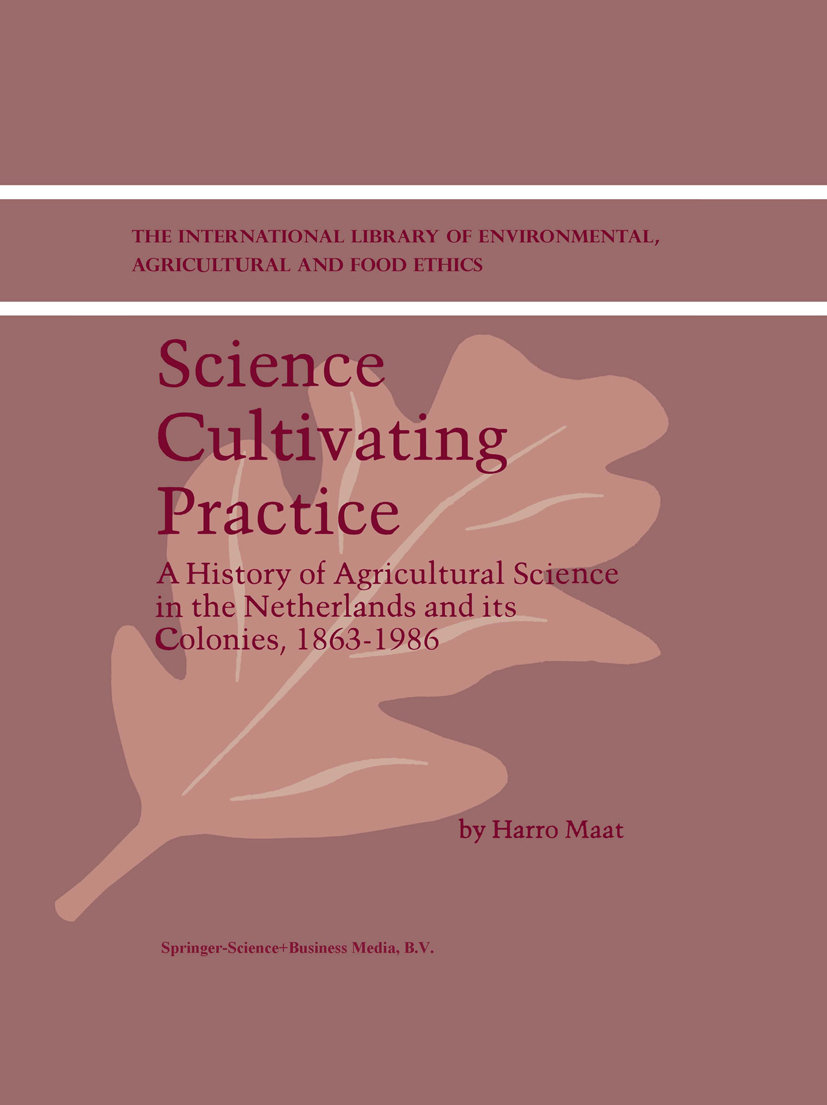Science Cultivating Practice is an institutional history of agricultural science in the Netherlands and its overseas territories. The focus of this study is the variety of views about a proper relationship between science and (agricultural) practice. Such views and plans materialised in the overall organisation of research and education. Moreover, the book provides case studies of genetics and plant breeding in the Netherlands, colonial rice breeding, and agricultural statistics. Ideas affected the organisation as much as the other way round. The net result was an institutional development in which the values of academic science were rated higher than the values of practice.
This book is a distinctive piece of work as it treats the dynamics of science in a European as well as in a colonial context. These different ecological and social environments lead to other forms of knowledge and experimentation as well as other ways of organising science.


